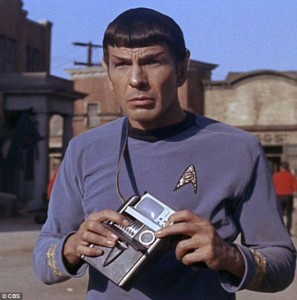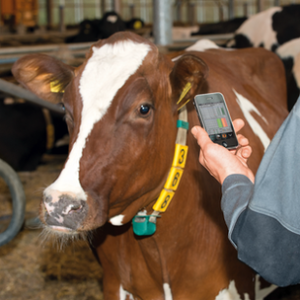I’m into HBO’s Silicon Valley, the parodic look at tech start-up companies that kind of reminds me of the academic world. At the end of season 1, the Pied Piper crew debuts their compression tool at TechCrunch Disrupt – sort of a cross between the Napoleon Dynamite dance scene and Survivor for tech companies. Sort of the same thing that a group of UC Davis folks will go through when they debut a hand-held pathogen detection system.
Marc Pollack, a Ph.D. student in the UC Davis Microbiology graduate group, and Jeremy Warren, a former postdoc in Plant Pathology, leave Davis at 5 a.m. every weekday morning to commute to IndieBio, a startup accelerator in a narrow alley just south of Market Street in the heart of San Francisco.
It’s where, for four months, they will represent the rest of their team and strenuously refine the business idea behind Astrona, a pathogen detection startup that originated as one of 13 UC Davis interdisciplinary research programs funded by a grant from the Office of Research.
The product they are trying to create is a hand-held device that can be used to detect a variety of pathogens—including foodborne pathogens like E. coli—at all stages in the food supply chain, from fields to restaurants. And the detection technology is applicable to broad range of pathogens, offering potential for other uses such as in the medical field.
Astrona’s technology emerged out of a unique interdisciplinary research seed-funding program, Research Investments in Science and Engineering (RISE). In 2012, the university made a bold investment of $10.8 million to fund the RISE program, assembling teams of experts from different disciplines to address global challenges. Astrona arose from one of 13 teams that received funding from the program, bringing together experts in the fields of plant pathology, food science, electrical engineering and computer engineering.
Pollack and Warren have created a detector (although not quite a product prototype) that they are debugging in time for Demo Day, which will take place this summer. All 15 teams in the spring cohort will participate. The event usually draws about a thousand attendees.
Even though it’s still a few months off, Warren says getting ready for the presentation feels very rushed. “Our science works, but we need to be able to get up there and show how it works. We have seven minutes to wow everybody.”



